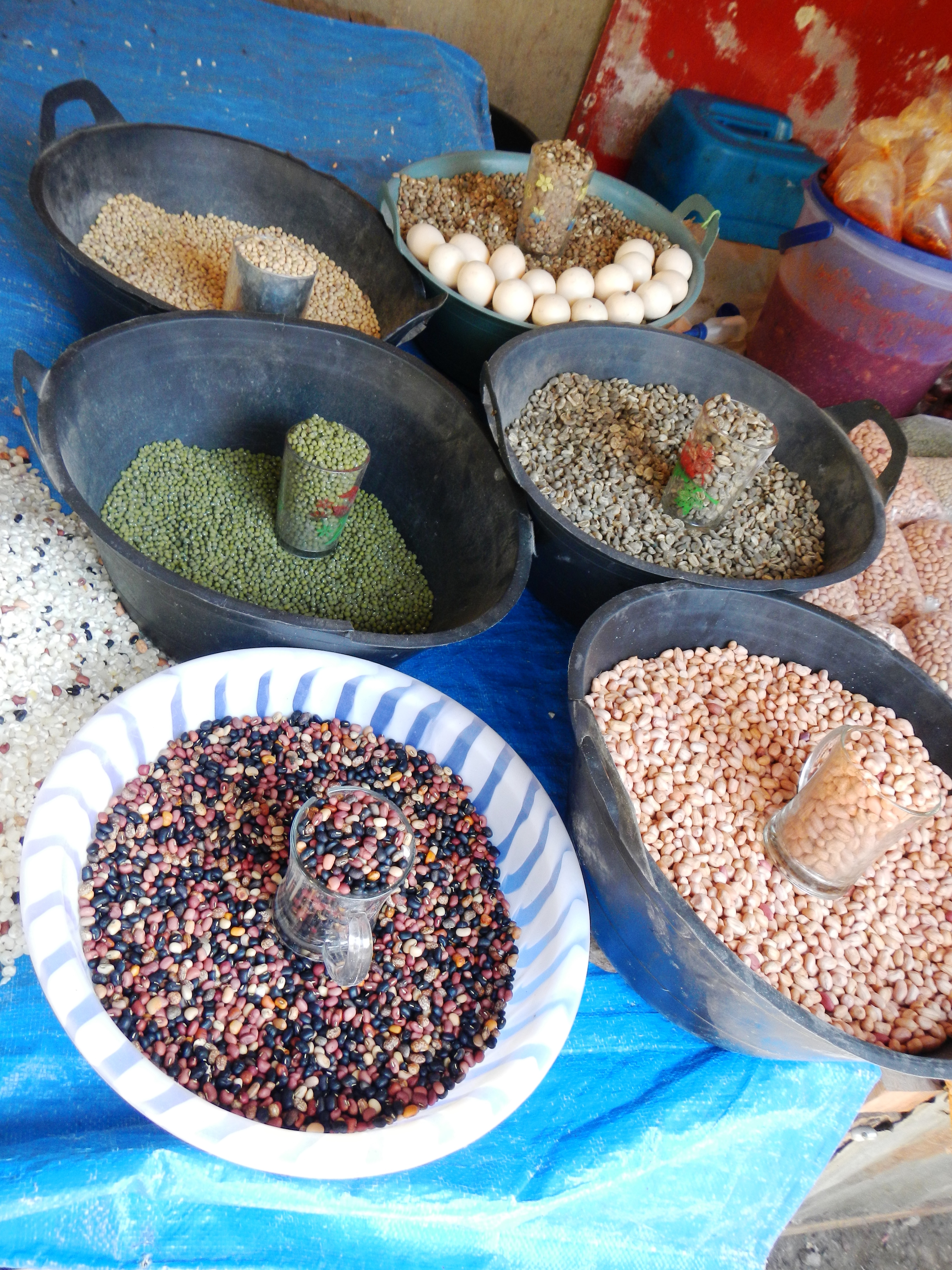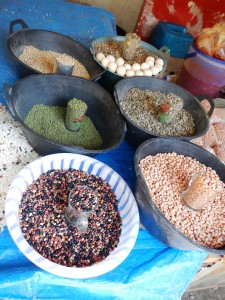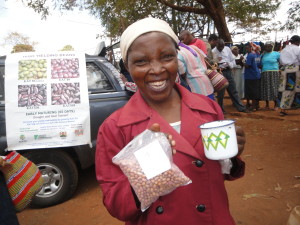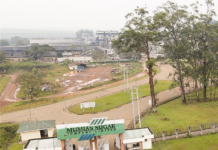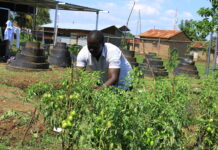By Lilian Museka.
Seed can be an important entry point for promoting productivity, nutrition and resilience among smallholder farmers. While investments have primarily focused on strengthening the formal sector, the informal sector remains the core for seed acquisition, especially in Africa.
Conclusions drawn from a uniquely comprehensive data set, 9660 observations across six countries and covering 40 crops, show that farmers access 90.2 % of their seed from informal systems with 50.9 % of that deriving from local markets.
Further, 55 % of seed is paid for by cash, indicating that smallholders are already making important investments in this arena. Targeted interventions are proposed for rendering formal and informal seed sector more smallholder-responsive and for scaling up positive impacts.
Upto half the seeds planted by small farmers in Africa are purchased from local markets or from friends and fellow farmers.
This accounts for more than half of their seeds every year which is mostly gotten from local markets and other informal sources. These are mostly neglected outlets that present a major opportunity for improving access to better crop varieties crucial to dealing with climate, nutrition and other production challenges in a region where food security remains a major concern.
This is according to a new research released in the Journal Food Security that examined some 10,000 seed transactions across five African, Kenya, Malawi, South Sudan, Democratic Republic of Congo and Zambia, and Haiti.
The investigators discovered that, contrary to conventional wisdom, it appears most smallholder farmers in Africa—the continent’s dominant producers, who typically cultivate crops on about a hectare or less of land, are not reliant on seeds saved from year to year.
Local markets were found to be particularly important for legumes, accounting for 64 percent of seeds for crops like beans and cowpea that are an essential source of protein and other nutrients. In contrast, a relatively small proportion of transactions,2.4 percent overall with no country higher than 17.4 percent involved “certified seed” produced by private sector companies and sold through farm supply stores or “agrodealers.”
“The research further indicates smallholder farmers are far more likely to purchase seed rather than rely on saved seed,” said Louise Sperling, a Senior Technical Adviser at Catholic Relief Services (CRS) who led the research while working with the International Center for Tropical Agriculture . “The challenge is that most of their purchases are going through informal channels like local markets, which don’t have access to many of the new crop varieties that could help farmers improve nutrition and adapt to climate change.”
An untapped business opportunity: cater to smallholder farmers’ needs
Sperling and her co-author, Shawn McGuire of the University of East Anglia (UEA), said their findings indicate that supplying smallholder farmers with a wider selection of crop varieties is a significant and untapped business opportunity for both formal and informal seed sellers.
That’s particularly true in contemporary Africa, they said, where international institutions and national governments are aggressively investing in developing new crop varieties specifically intended to help smallholder farmers deal with a range of challenges.
Varieties that soon could be available include beans that can withstand high temperatures, potatoes that are resistant to late season blight, and maize that can tolerate droughts, which are becoming more common due to climate change.
“Innovations in crop science will be of little value to smallholder farmers if they are not matched by innovations in seed delivery,” McGuire said. “We need to see the formal sector more firmly focused on serving the needs of smallholder farmers and it is especially important to realize the potential of local markets as a source for seeds. Our research shows that local markets are used by most farmers and especially the more vulnerable. Yet local markets receive almost no attention from development professionals or governments.”
The study’s conclusions were conducted as part of the Seed System Security Assessment (SSSA) that was launched in 2008, in collaboration with Catholic Relief Services (CRS), International Center for Tropical Agriculture (CIAT), The University of East Anglia School of International Development, the Pan-African Bean Research Alliance (PABRA), and the United States Agency for International Development (USAID). It now contains extensive information on over 10,000 farmer transactions across ten different seed sources for 40 different crops.
The researchers found that even in countries where agrodealers owned more of the market, they accounted for 11.6 percent of sales in Kenya and 17.5 percent in Malawi. Most of the sales involved only a few crops, chiefly maize in Kenya and maize and cotton in Malawi. Meanwhile, agrodealers supplied less than one percent of legumes and vegetatively propagated crops like sweet potatoes.
“This is an important gap area for clusters of crop types key to basic nutrition and calorie provision,” the study states.
Mastering the science of delivery: Getting high quality seed to smallholder farmers
The study points to Kenya’s Dryland Seeds as a company that has generated significant revenue by providing legume seeds (beans, cowpeas, green grams and pigeon peas) and in the smaller packages most smallholder farmers prefer.
Sperling and McGuire also believe seeds for new crop varieties would reach more farmers if they were available in supermarkets and small stores that often are more common in remote communities than agrodealers.
But the bigger challenge, they said, is finding ways to make new crop varieties available through informal sellers, like the seed and grain traders who often travel to remote regions to farmers that many worry may never be bridged by formal sellers.
“Selling seeds through more informal channels poses challenges for quality assurance, but they are not insurmountable,” Sperling said. “We can’t wait for formal channels like you find in Europe and the United States to fully mature in Africa, particularly when they are failing to move an entire category of critical crops like legumes. The bottom line is we need to be more open to new ways of getting seed to farmers and not let the perfect be the enemy of the good.”

